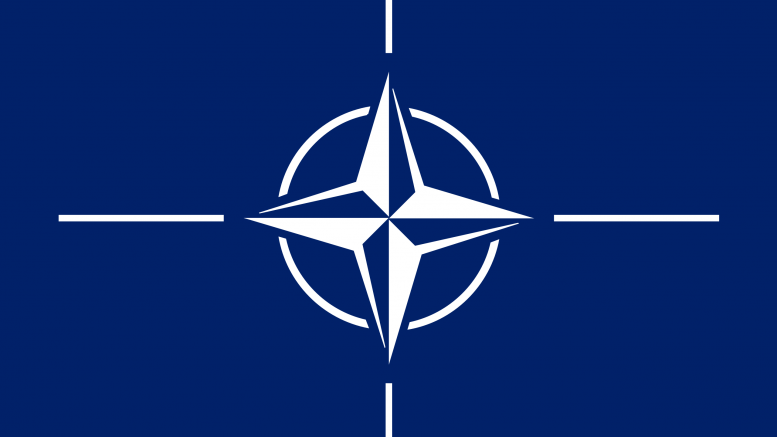There is a saying that generals are always ready to fight the last war. The same may be said of political leaders. The difference is that they are ready to stop the last war, and have learned the lessons of what caused it.
In the 1930s, when Japan, Italy and Germany began to menace neighbouring countries, a consensus began to emerge in the democracies — and in the Soviet Union — that only collective security could prevent another world war. But collective security proved to be unachievable, and by the end of August 1939 Stalin had signed his non-aggression pact with Hitler and the world war began.
A decade later, the leaders of Western European countries, Canada and the USA reached the conclusion that the only way to prevent a Third World War was to establish a permanent collective security organisation. That is how NATO was born.
Just as in the 1930s collective security was advocated across the political spectrum, from the Stalinists to Winston Churchill, so in the early days of the Cold War both Social Democratic parties and their conservative rivals agreed on the need for NATO.
And in the decades since, NATO has largely succeeded in avoiding large-scale warfare on the European continent.
This little history lesson is needed because far too many people on the Left think of NATO as a four letter word. One doesn’t say it — one sneers it.
This has been abundantly clear in the reaction of the far Left to Putin’s criminal war on Ukraine. Even socialists who support Ukraine in many cases feel obligated to add — as if anyone were asking — that their support for Ukraine does not include any positive comments on NATO.
An email I received yesterday from a group I hadn’t heard of before had the promising headline “Stop Russian aggression in Ukraine!” But this was immediately followed by “No Nato!” It demanded that NATO be disbanded, ending with a ringing call to “get rid of US troops and bases in Western and Eastern European countries!”
The Socialist Workers Party has produced articles with somewhat greater depth and fewer exclamation points. But the essential point is the same. One recent piece declared: “Any true socialist should stand up and oppose Nato and the system of imperialist rivalries that it represents.”
Even some groups which I respect feel a strange compulsion to toss in negative comments on NATO whenever they criticise Putin. The Ukraine Solidarity Campaign, for example, opposes “the unaccountable manoeuvres of the big powers and NATO deciding Ukraine’s destiny,” which rather misses the point. If NATO were the ones deciding Ukraine’s destiny, there would not be Russian tanks in Kyiv.
The statement goes on to condemn NATO saying that “increased NATO deployments in other parts of Eastern Europe are motivated by Western rivalry with Russia, to protect business interests and influence, not the needs of Ukrainians.”
This is the most simplistic, reductionist form of Marxism, a way of looking at the world that Karl Marx would not recognise. When he was alive, Marx was a sworn enemy of Russia’s expansionist empire, going so far as to support British and French troops in the Crimean War.
In the struggle between Russian imperialism and Europe, Marx knew which side he was on.
This article appears in this week’s edition of Solidarity.
